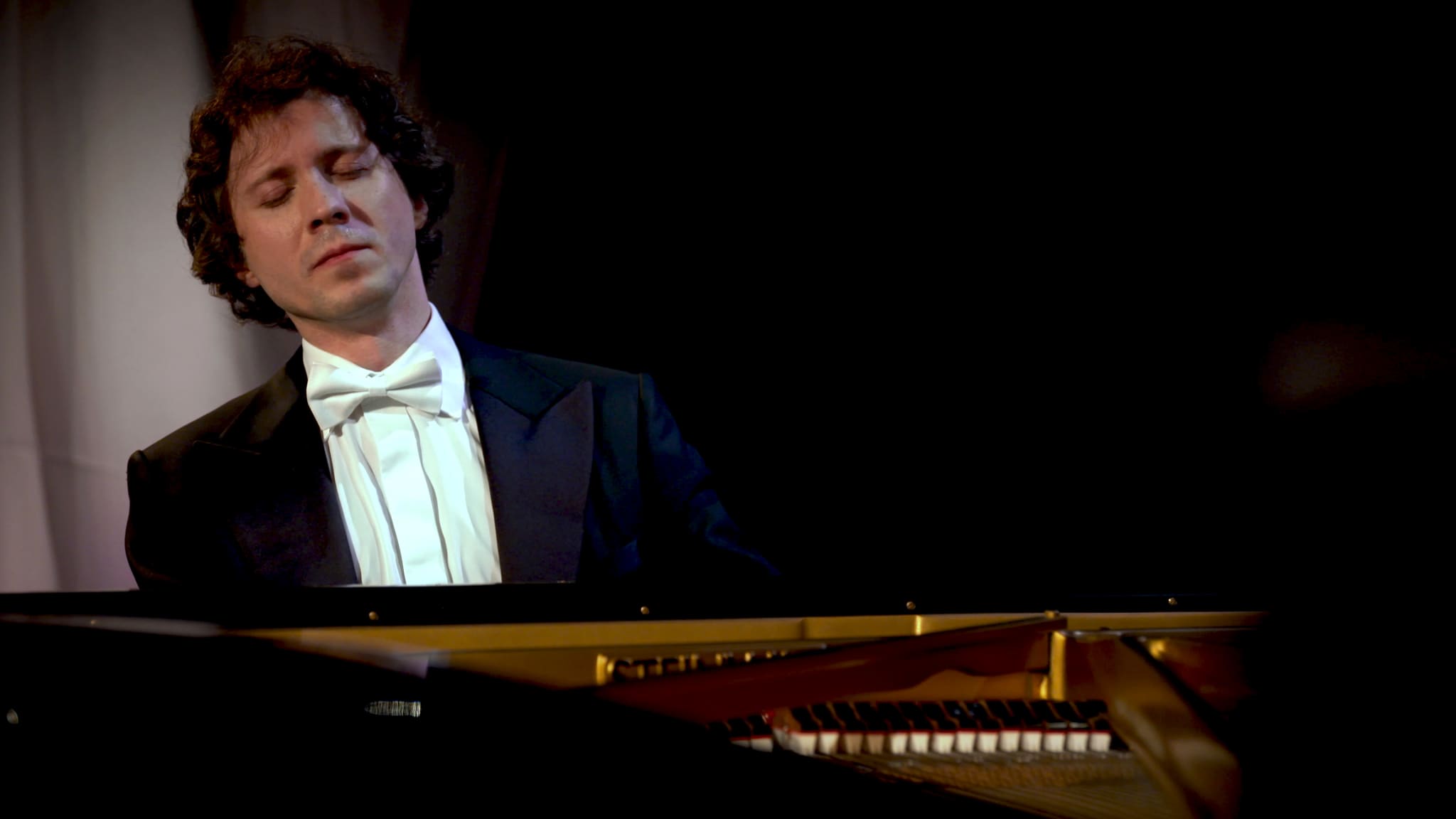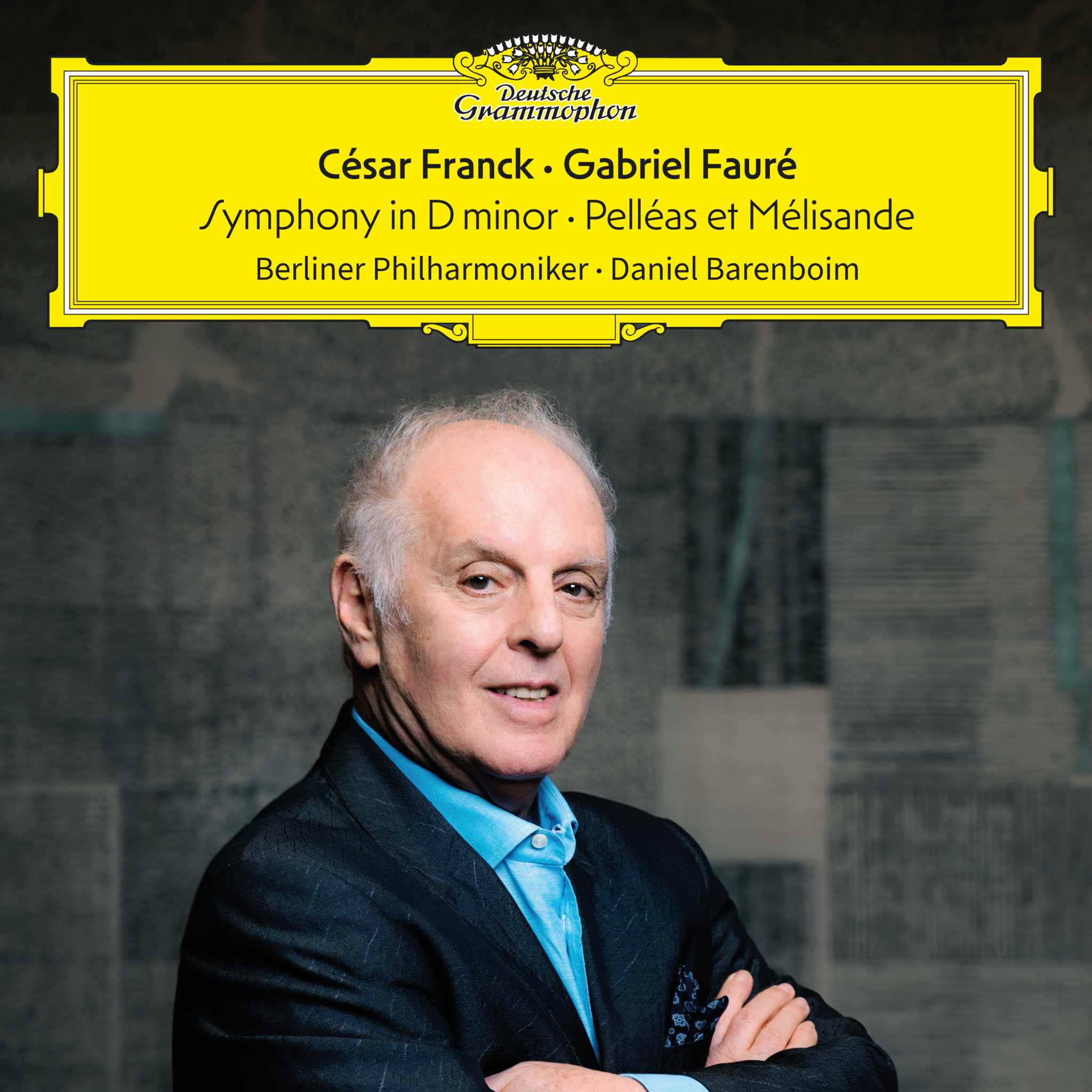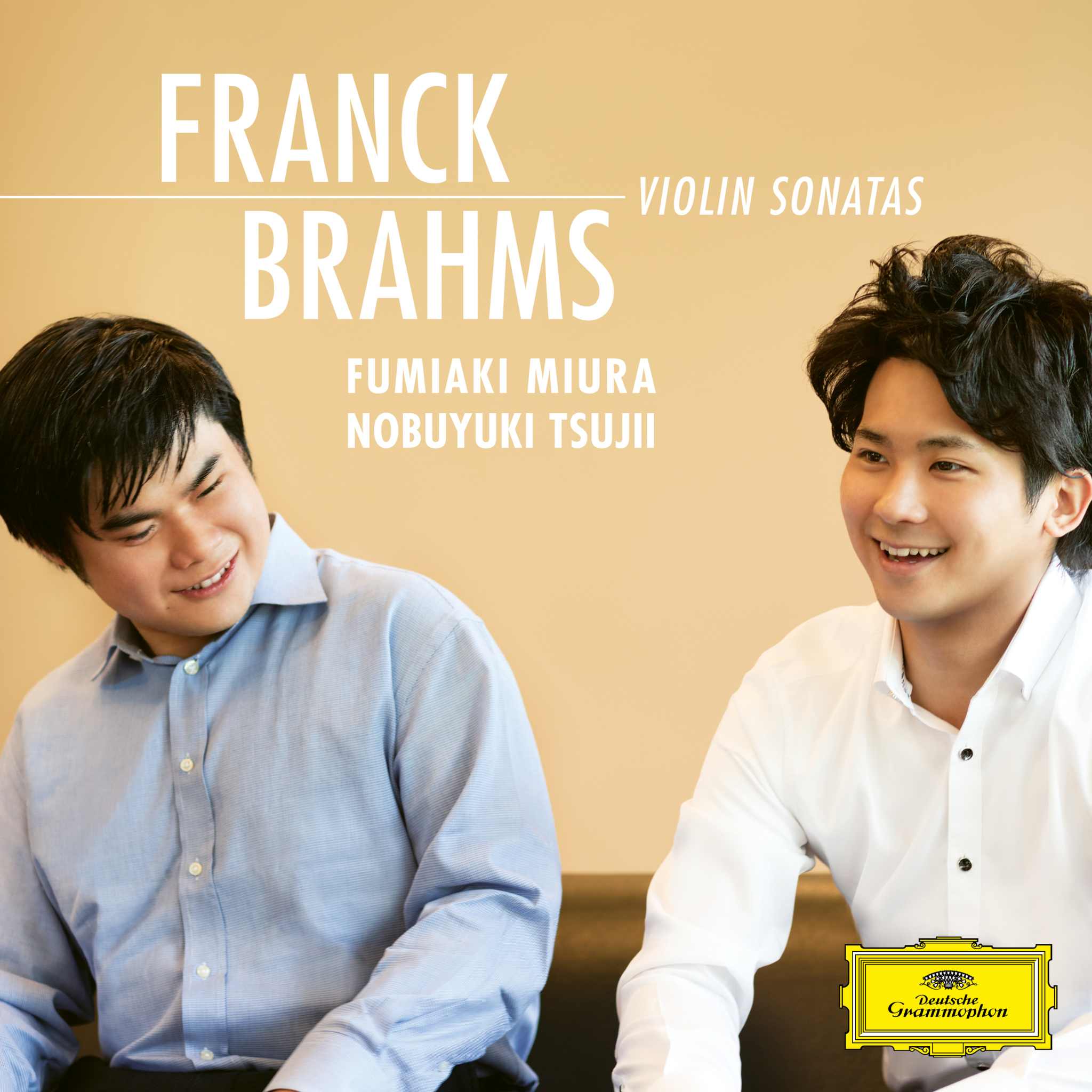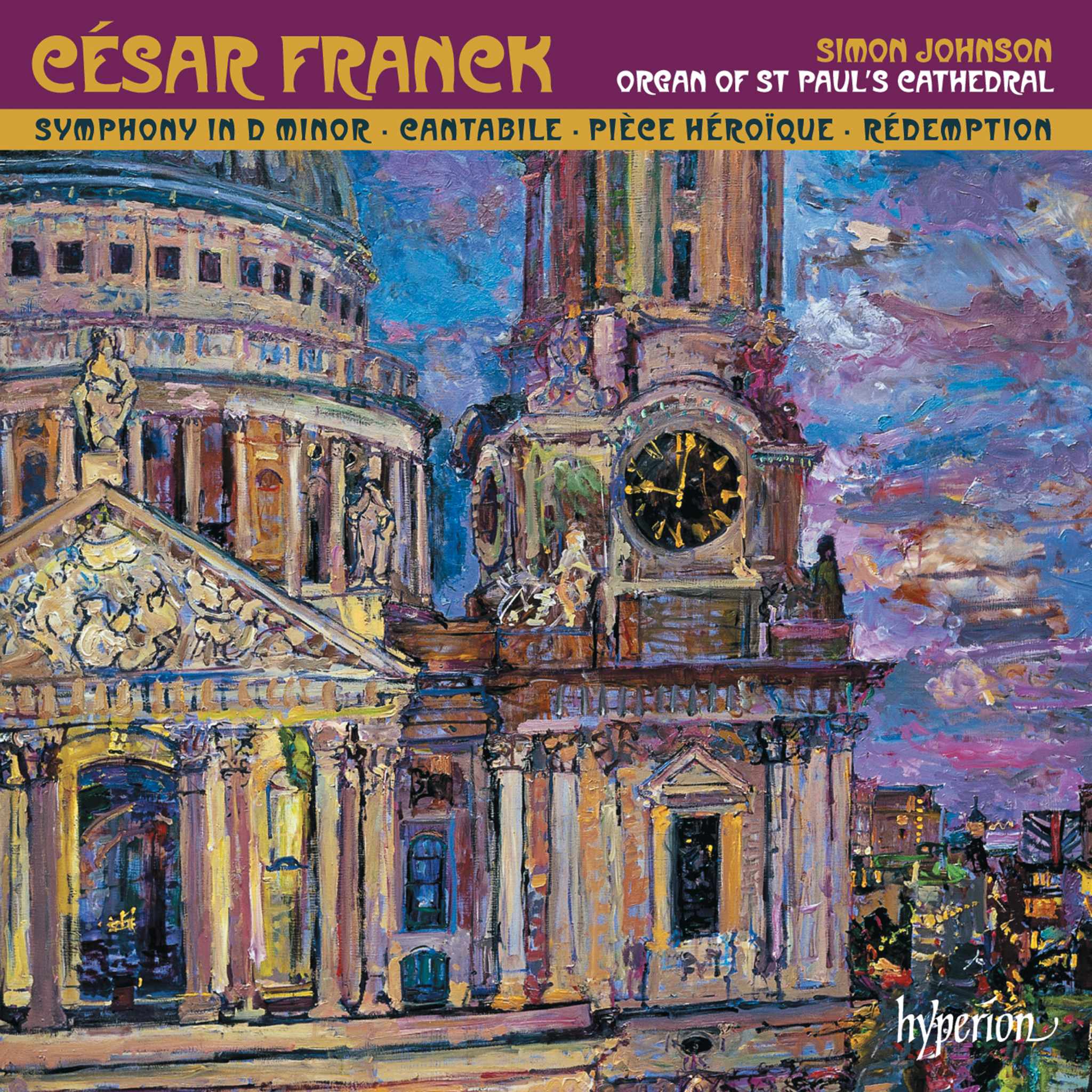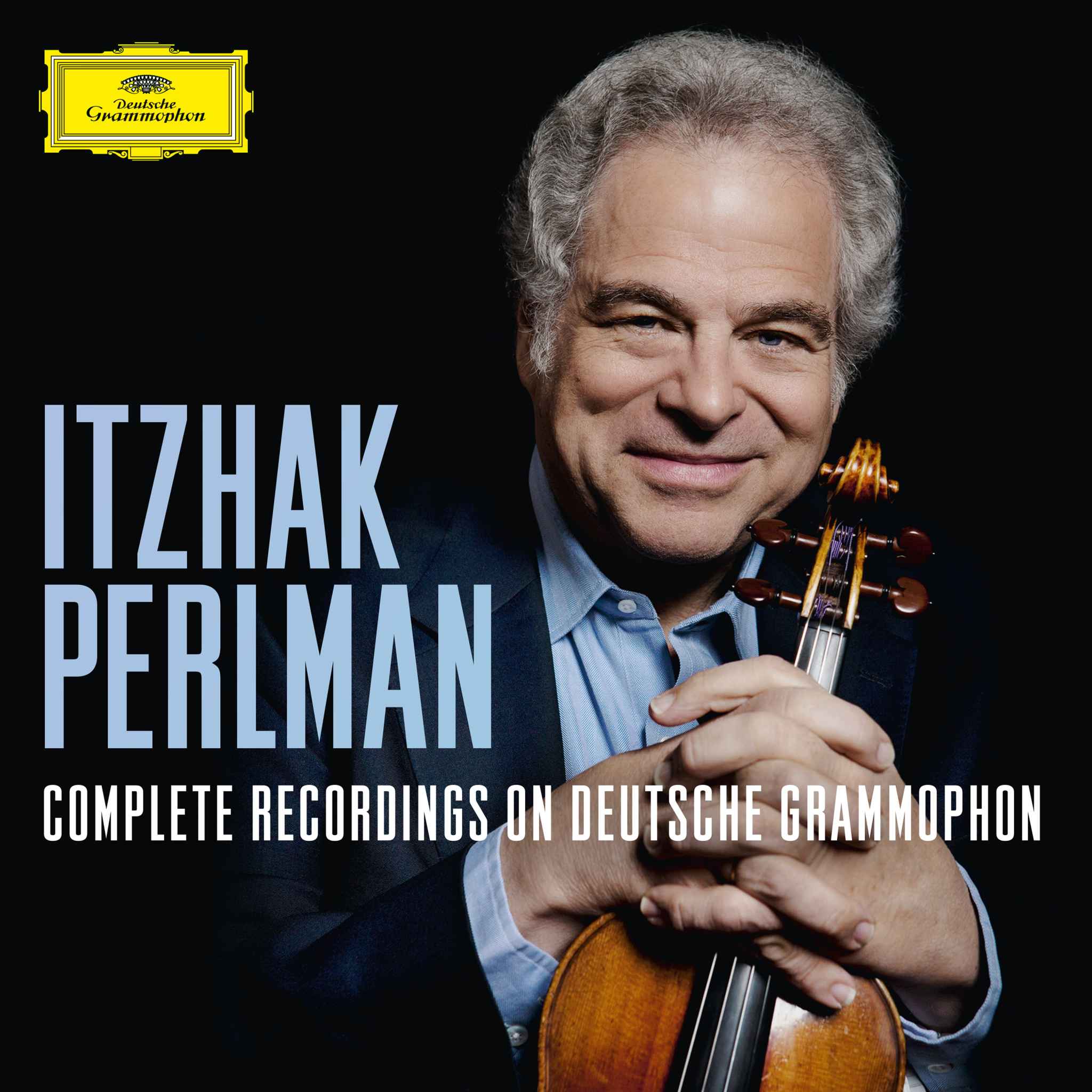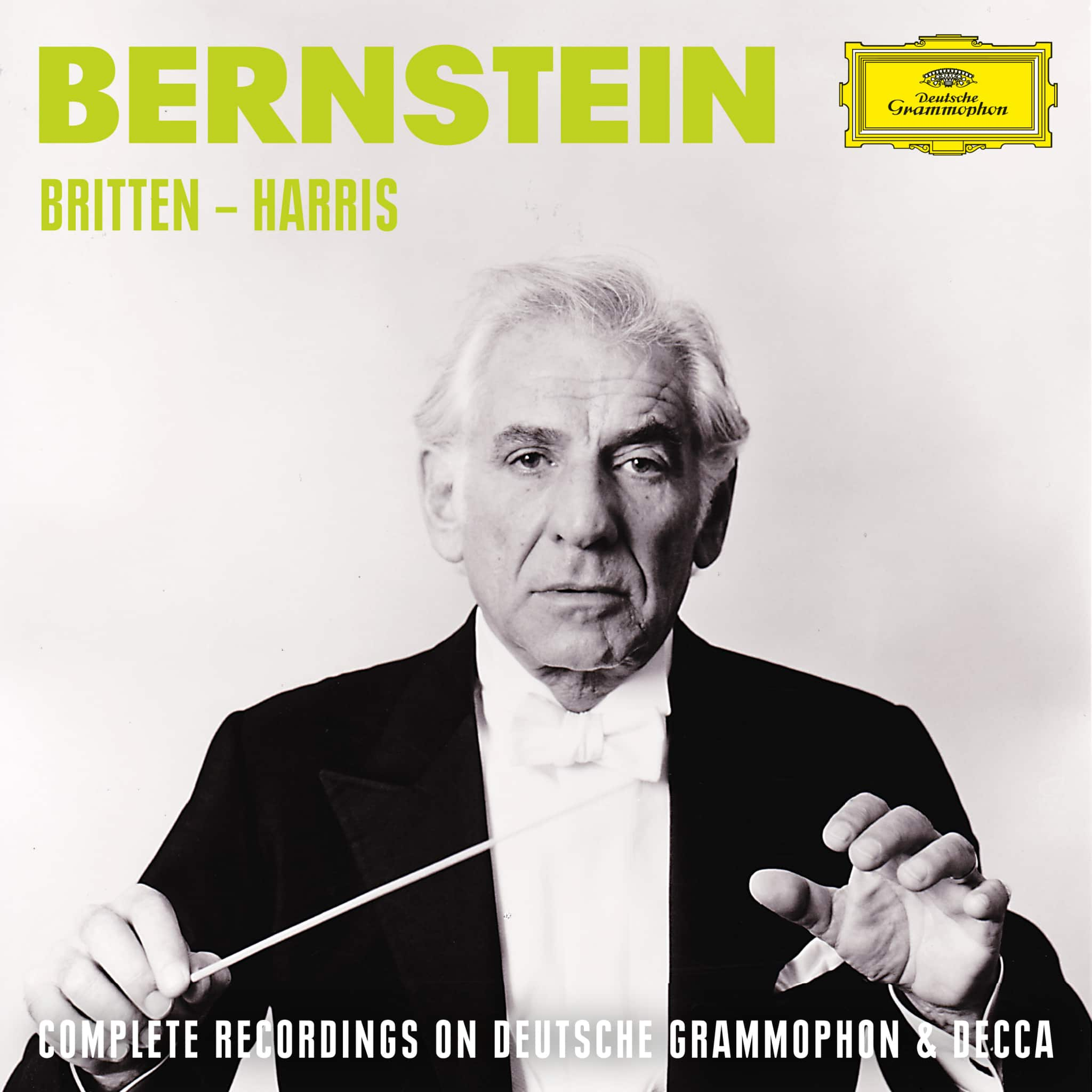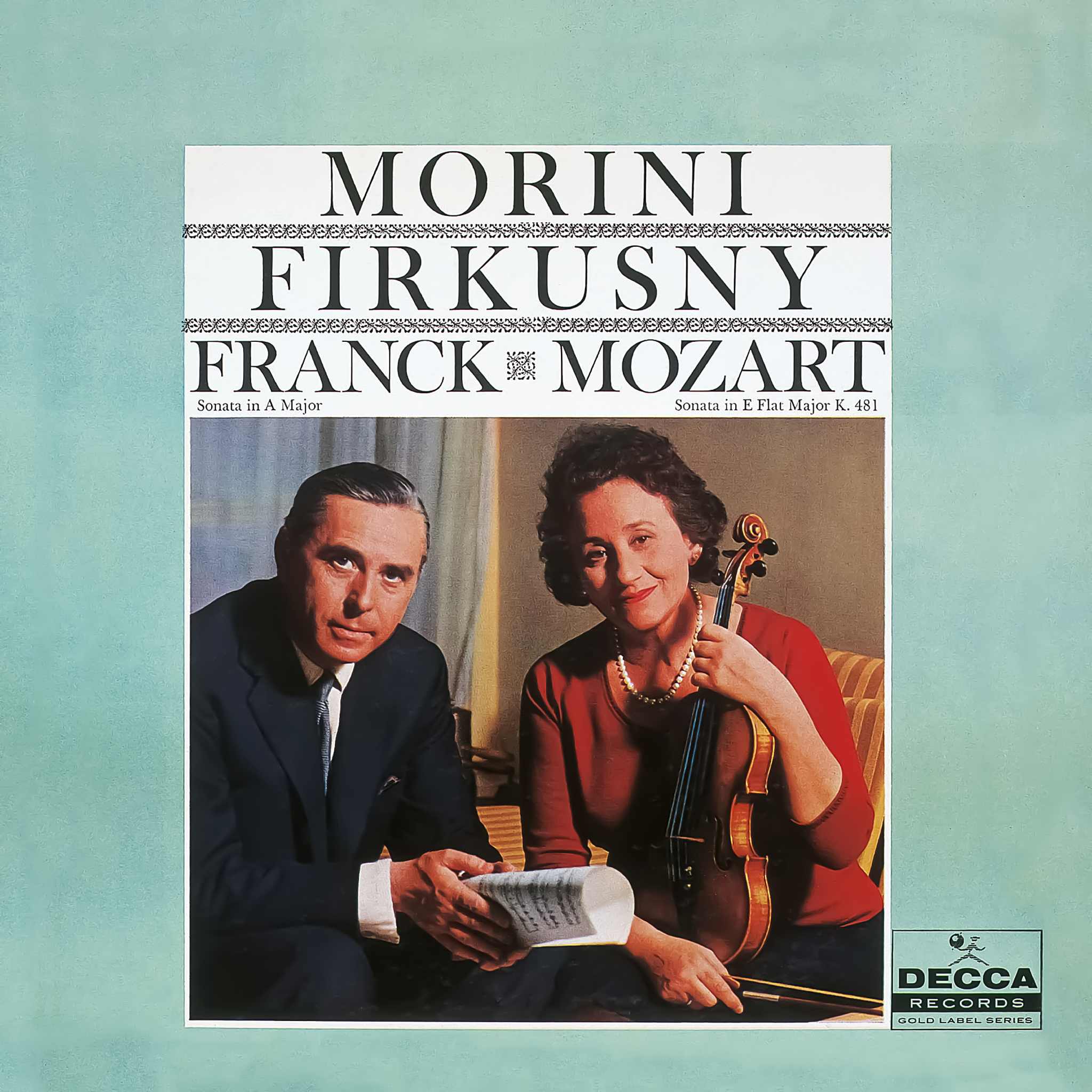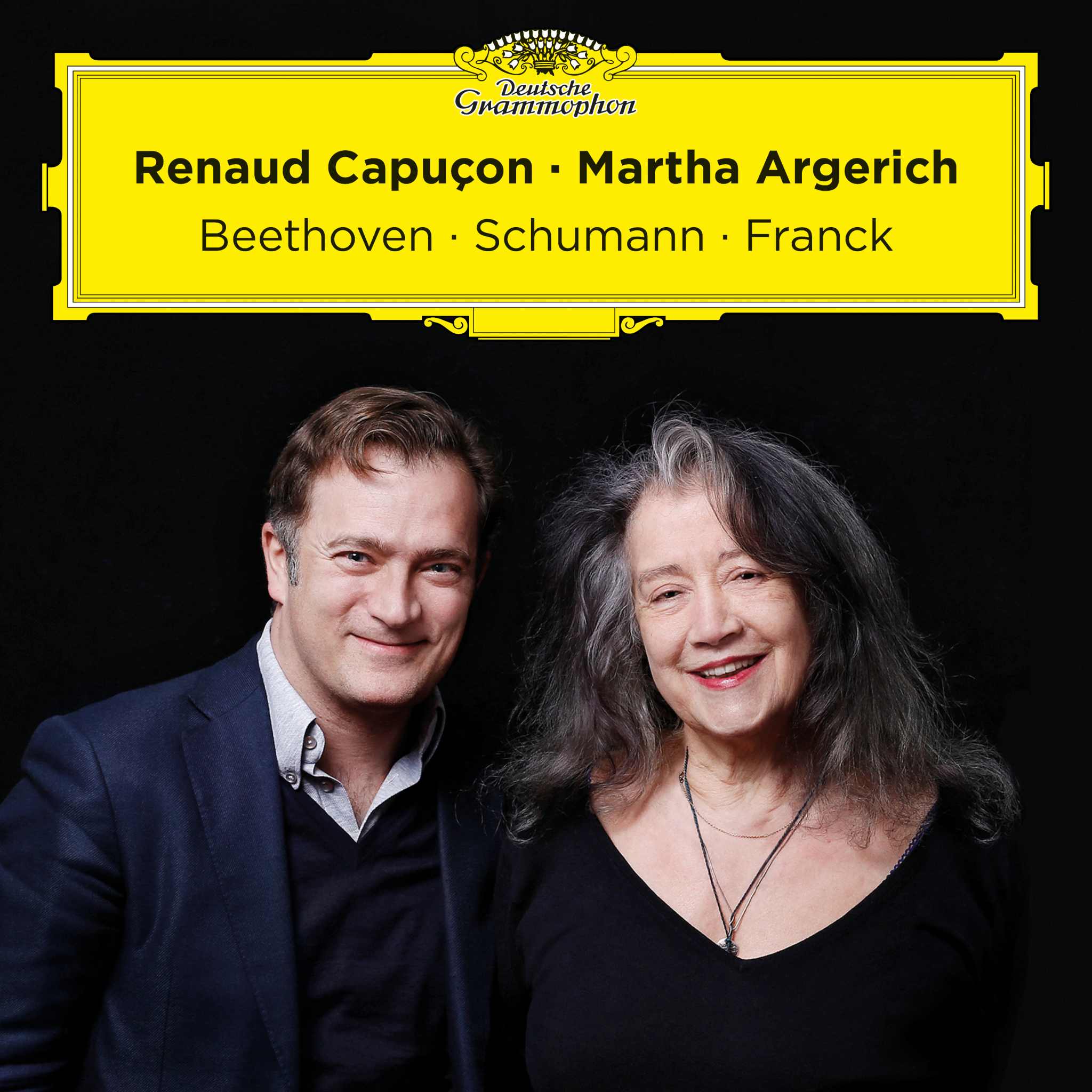César Franck: A Pioneering Composer of the Romantic Era
César Franck was a Belgian-French composer, organist, and music teacher who played a pivotal role in the Romantic music movement. Born on December 10, 1822, in Liège, which was part of the United Kingdom of the Netherlands at the time, Franck was destined for a musical career by his ambitious father.
Early Life and Career
From a young age, Franck was trained to become a concert pianist. By the age of twelve, he had completed a course at the Conservatory in Liège and embarked on his first concert tour. At fifteen, he was admitted to the Paris Conservatoire, where he studied counterpoint, fugue, composition, and the organ.
Career Highlights
In 1859, Franck became the titular organist at the Church of Sainte-Clotilde in Paris, a position he held until his death. He was renowned for his improvisational skills on the Cavaillé-Coll organ. Franck became a professor of organ at the Paris Conservatoire in 1872. His pupils included notable composers like Louis Vierne, Gabriel Pierné, Ernest Chausson, Henri Duparc, Vincent d'Indy, Guillaume Lekeu, Albert Renaud, and Charles Tournemire. Franck's compositions are characterized by rich and shifting harmonies, reflecting the influences of Beethoven and Wagner.
Notable Works
Among Franck's most significant works is the Symphony in D Minor, composed between 1886 and 1888 and first performed in 1889. His Violin Sonata in A Major is a beautiful and technically demanding piece, highly regarded for its emotional depth. The "Panis Angelicus" is a part of Franck’s Mass for Three Voices (Messe à trois voix) and is a popular choral work known for its beauty and elegance. The "Prelude, Choral et Fugue" is a masterpiece for piano showcasing Franck's ability to blend different musical styles.



